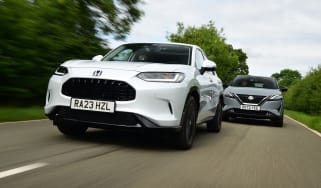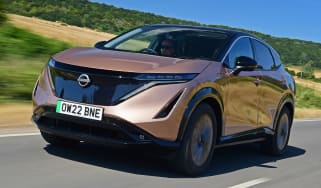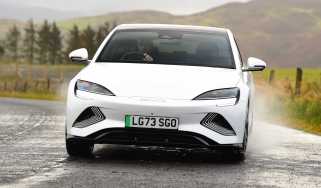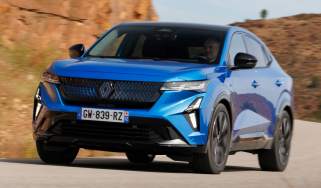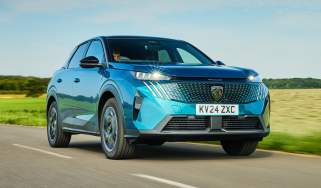Confirmed: Renault Twingo-based Nissan EV incoming
Online investors’ call confirms Nissan will build a “derivative” of the Renault Twingo from 2026
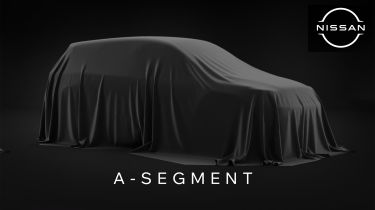
The Renault Twingo will spawn a Nissan sister car from 2026, Auto Express can reveal. The news was confirmed in a Renault Group online investors’ call, alongside confirmation that Nissan would be released from its financial commitment to the company’s Ampere project.
Nissan has apparently now “chosen Ampere to develop and produce a derivative of Twingo – an A-segment BEV” from 2026. The new model will sit below the forthcoming Micra and represent a new entry point into the Nissan range.
Renault said the new car would have “80 per cent commonality” with the forthcoming Twingo, claiming the partnership will “accelerate time to market” and help Nissan “save on [its] entry ticket” to the small electric-car segment. The deal will enable Renault to boost its utilisation rate and “leverage the assets”.
Renault says Ampere allows for a reduced 21-month development time on Twingo – or as little as 16 months for Dacia’s upcoming baby EV. This, added to the lower number of parts, should result in a cost of goods “40 per cent below Renault 5”. While this doesn’t directly translate to list prices, we can assume that, like Renault, Nissan will target a starting figure of around £17,000 for its urban EV.
Makoto Uchida, CEO of Nissan, said in 2024: “Nissan has asked Ampere to explore the development of the A-segment car for Europe. Through this partnership we aim to optimise our European coverage.
“With Ampere we target a very short development time. This car will deliver the convenience and advanced functionality that customers expect, but in a small-sized EV at an affordable price.”
Little is known about battery or motor availability, although we expect the Twingo to use the smaller 40kWh battery and 118bhp motor currently offered on the R5. The baby Nissan should have comparable specs, resulting in a range of almost 200 miles.
Ampere is planning to shift the battery chemistry of its EVs from nickel magnesium cobalt (NMC) to lithium iron phosphate in order to reduce costs and improve range - despite NMC being more energy dense. Recharging speeds of 10 to 80 per cent in 15 minutes have been mooted as well. However, it’s not known at this stage whether Nissan’s upcoming value-driven, entry-level EV will make use of this technology.
Want the latest car news in your inbox? Sign up to the free Auto Express email newsletter...
Find a car with the experts



